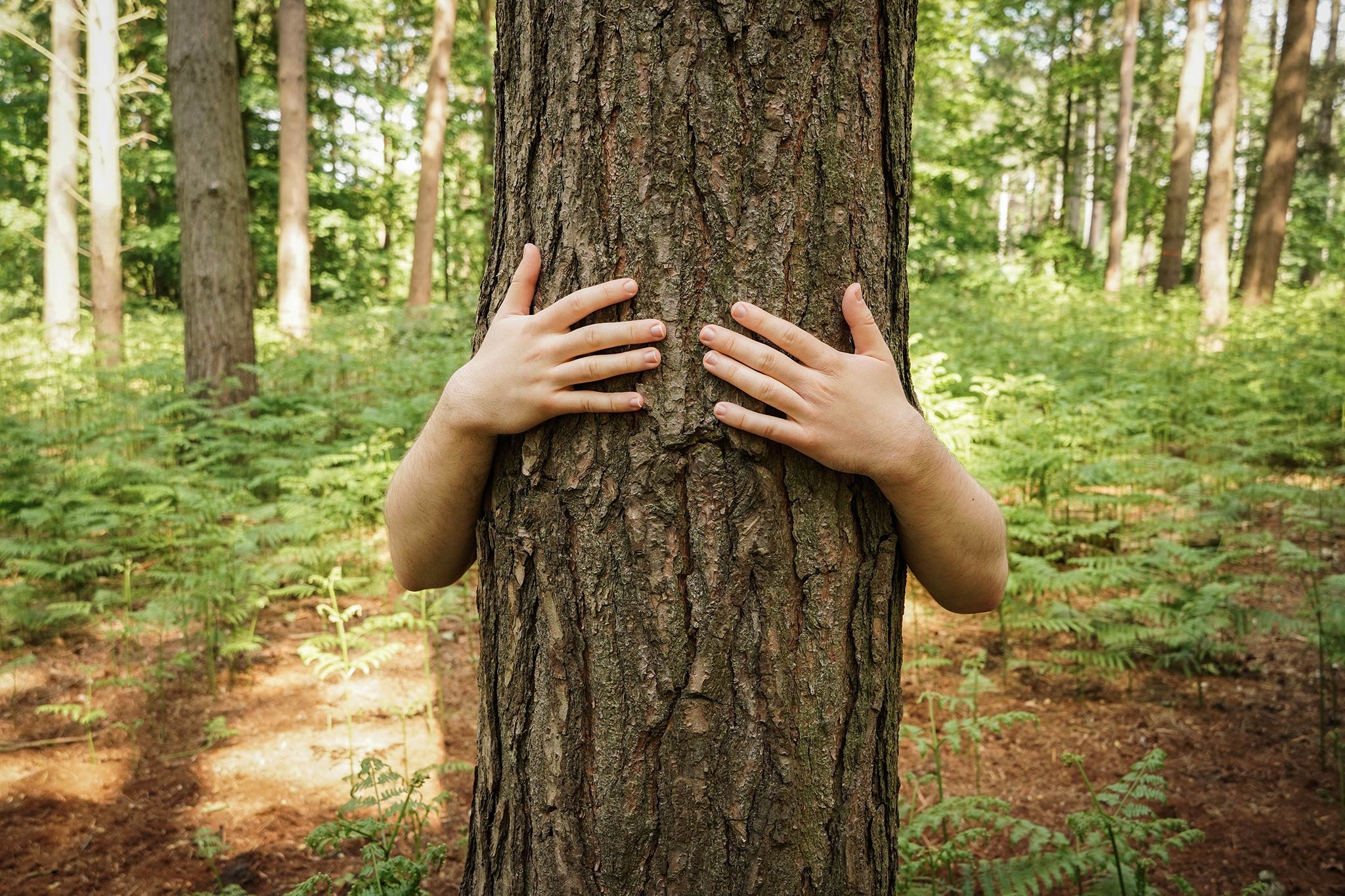Time spent in nature, whether that be green spaces, ancient woodland or rolling hills, coastal walks, or sandy beaches, has numerous benefits to our mental health and well-being. The opportunity to disconnect and immerse oneself in nature is paramount to sustaining our new lifestyles which depend so heavily on working in virtual settings.
Over the duration of the Covid19 pandemic, individuals’ mental health has declined, and more and more individuals are struggling with common mental health problems without treatment; heightened by social isolation and reduced physical movement. In a time where human connection and contact has dwindled, we have found ourselves drawn to open spaces, a new way to feel grounded. Nature forces us to be present, to be quiet and to observe our surroundings, to seek out connectedness.
In a recent survey it was revealed that visits to natural spaces over the last 12 months had increased dramatically by 40% and 74% of individuals found themselves noticing nature significantly more. Not only does time in nature bolster levels of life satisfaction but heightens the desire to positively give back to nature and participate in conservation initiatives. To cultivate connectedness with nature we can take steps to be present and notice the nature that surrounds us, noticing butterflies and listening to bird song, such an act directly helps us foster this feeling of interconnectedness.
A recent study outlines that just 2 hours spent in nature a week can allow for significant improvements to mental health and well-being, lowering blood pressure and levels of detected stress hormones. The great outdoors has something for everyone, from outdoor gyms and walking groups to creative workshops in nature focused on nature. Why not take up an outdoor sport such as climbing or try your hand at bush craft, exploration in the wilderness. Any activity which allows you to spend time in nature has the potential to improve mood and outlook. Countless research clearly illustrates the direct correlation between the undertaking of physical activity and improved mental health, especially when this is paired with time spent in nature.
A great way to feel more connected to your local community whilst simultaneously improving wellbeing is taking part in local initiatives catering to environmental conservation. Both restorative in action and in outcome, for the mind, body, and surroundings. Such an activity is both empowering and allows you to have a real tangible impact and be a part of a collective action.
Distressingly a survey conducted by the Mental Health Foundation in 2018 uncovered that 74% of individuals have felt overwhelmed by levels of stress. Getting into nature is all about lifting spirits and enjoying being present, a great way to disconnect from the virtual world and all the stressors that modern life presents us with and really take pleasure in the moment.
As previously outlined, it is imperative to sustaining mental health and well-being that we make time for moments in nature. Unfortunately, however, access to natural spaces is not equal, heavy urbanisation has limited and lessened access to the great outdoors. According to WHO it is estimated that by 2030 depression will be the leading cause of disease globally. However there has been an emergent drive to establish greater access to green and blue spaces. The natural environment is often taken for granted but when its access is limited individuals well-being has been proven to directly decline. Although urban areas may not be alive with wood landscapes nature is still ever present, why not visit canals, parks or get involved with your local allotment.



